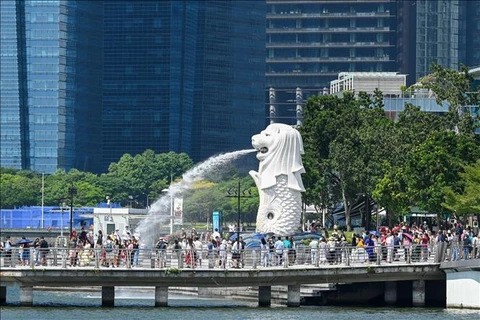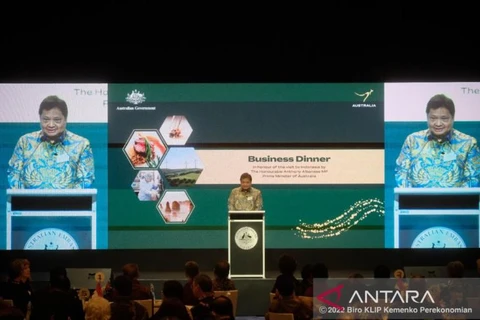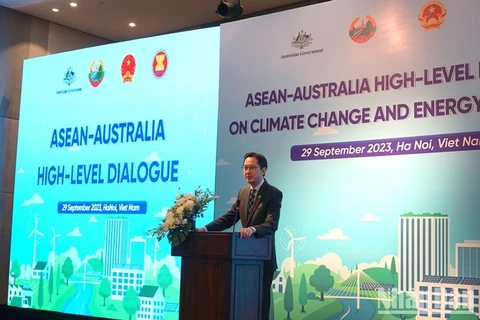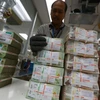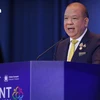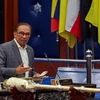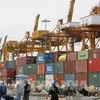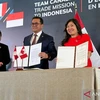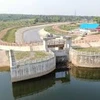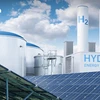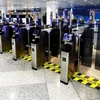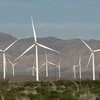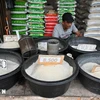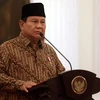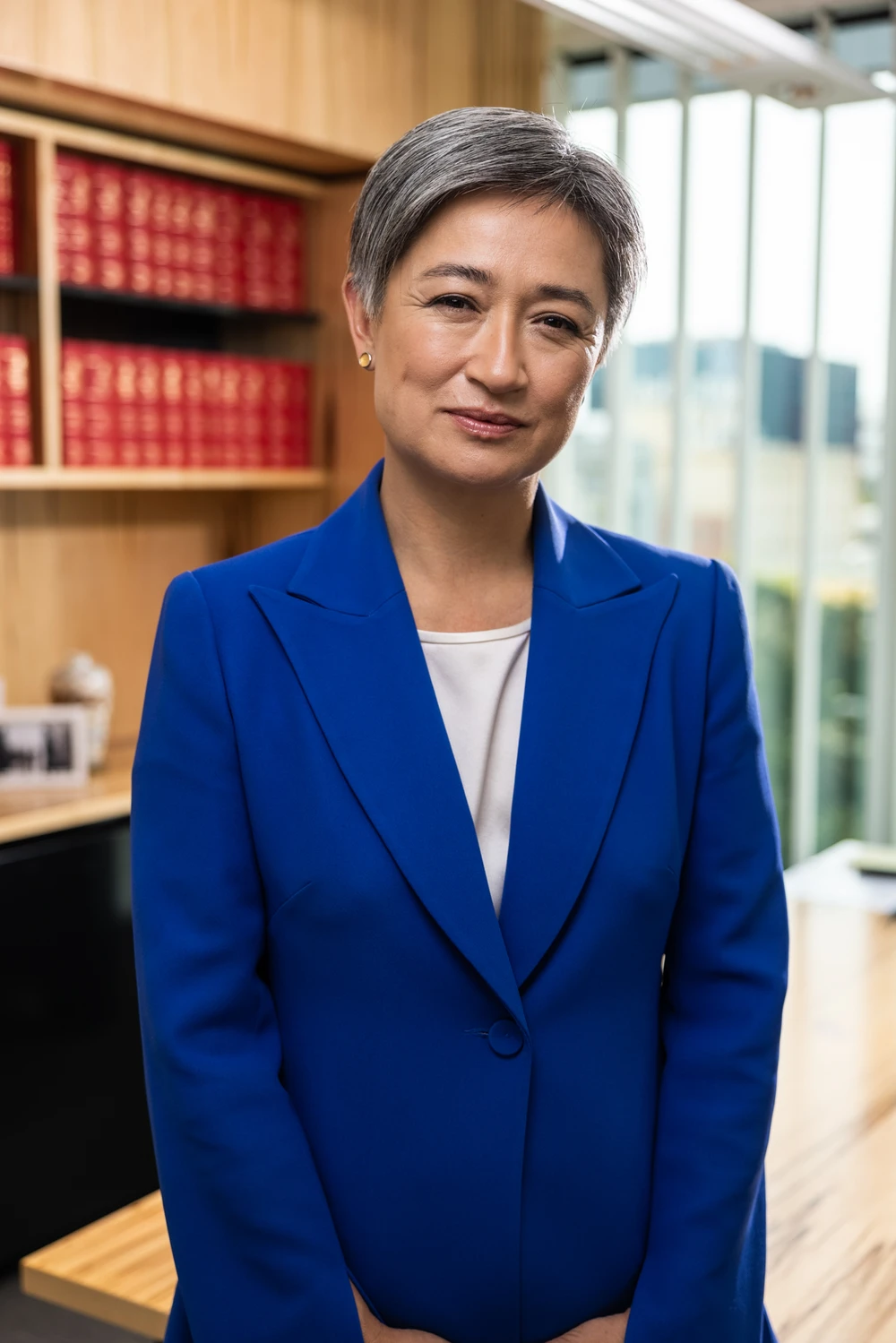
Sydney (VNA) - Australia has made the initial investment under its Government's 2 billion AUD (1.3 billion USD) Investment Financing Facility, which Prime Minister Anthony Albanese unveiled at the ASEAN-Australia Special Summit earlier this year.
Australia approved a 75 million AUD equity investment in the Singapore Government’s Financing Asia’s Transition Partnership (FAST-P) initiative, which aims to support the region’s clean energy transition. This undertaking is a major step forward in the implementation of "Invested: Australia’s Southeast Asia Economic Strategy to 2040", released by the Government of Albanese. It demonstrates Australia's commitment to practical action that benefits Australia and the region.
In a statement on December 3, Australia said as the region transitions towards a clean energy future, Australia and its businesses have much to offer. By working with Singapore and international partners, it will spur increased opportunities for Australian businesses to engage in Southeast Asia’s renewable energy transition.
Collaborating with Singapore and other international partners, Australia seeks to contribute to bridging critical gaps in Southeast Asia’s sustainable infrastructure financing, including in areas like renewable energy and storage, electric vehicle infrastructure, sustainable transport, and water and waste management.
This investment builds on Australia's existing green economy cooperation with Singapore under their Green Economy Agreement and Comprehensive Strategic Partnership while supporting diverse and resilient clean energy supply chains.
Australian exporters and businesses operating in Southeast Asia will be in a prime position to take up these opportunities, with a range of new government programmes across the region.
Australian Minister of Foreign Affairs Penny Wong said deepening the country’s engagement in Southeast Asia’s green energy transition and infrastructure development is an investment in the two sides' shared prosperity, security and economic future.
She described this commitment as a major step forward in implementing "Invested: Australia’s Southeast Asia Economic Strategy to 2040", and also a demonstration of the country's commitment to practical action as a reliable partner for the region.
Meanwhile, Trade and Tourism Minister Don Farrell noted investing in Southeast Asia to meet the region’s energy transition needs will open opportunities for Australian businesses, driving greater exports and partnerships right across this region. One in four Australian jobs rely on trade, with nearly half a million Australian jobs linked to trade with Southeast Asia./.
